MITEI study finds hydrogen-generated electricity is a cost-competitive candidate for backing up wind and solar
Green Car Congress
AUGUST 29, 2021
A team at MITEI (MIT Energy Initiative) has found that hydrogen-generated electricity can be a cost-competitive option for backing up wind and solar. Currently, plants burning fossil fuels, primarily natural gas, fill in the gaps as peaker plants—a tendency that is likely to grow pari passu with VREs.


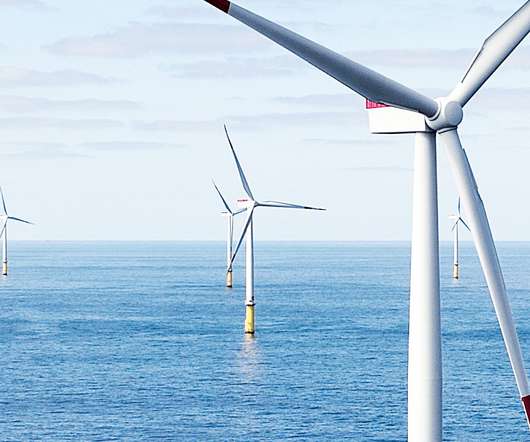


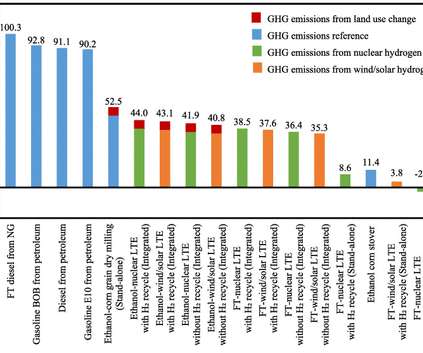
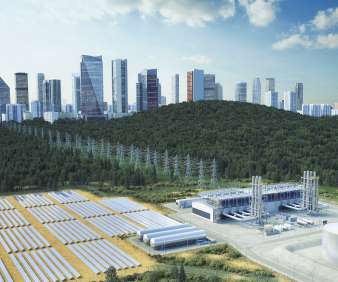


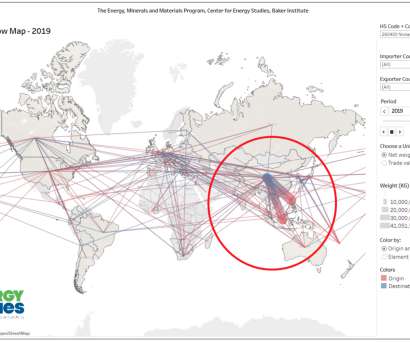
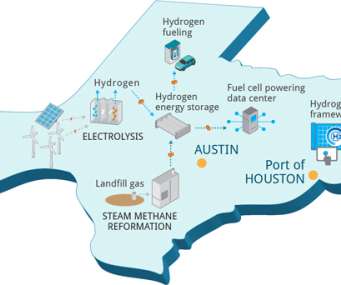



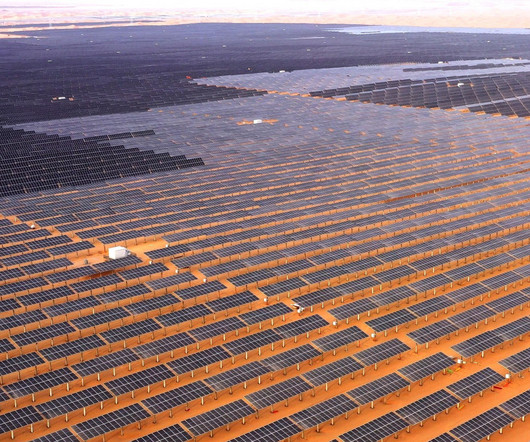

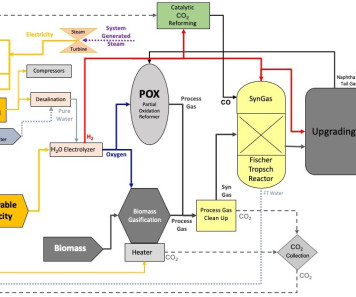
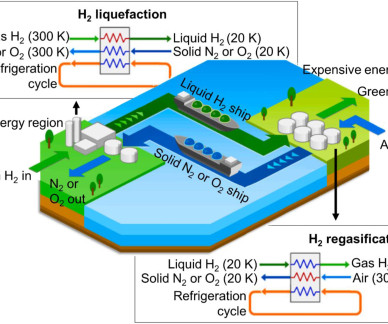
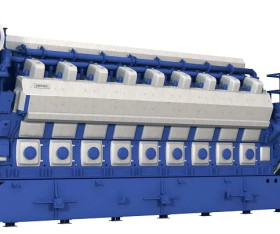







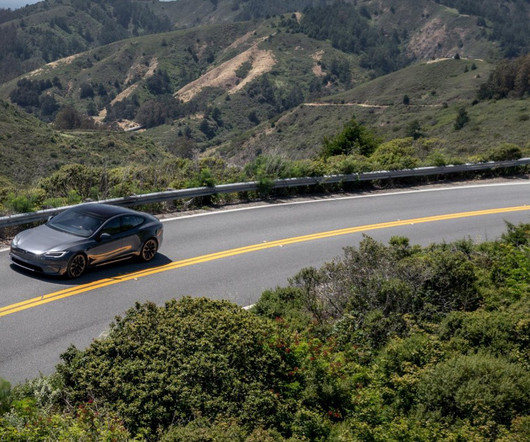

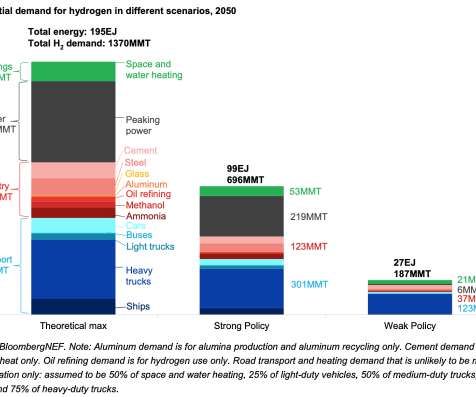
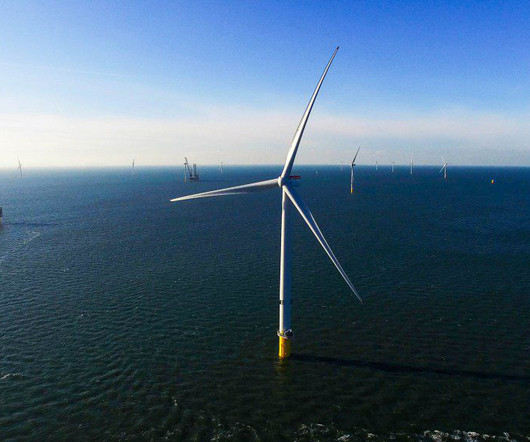

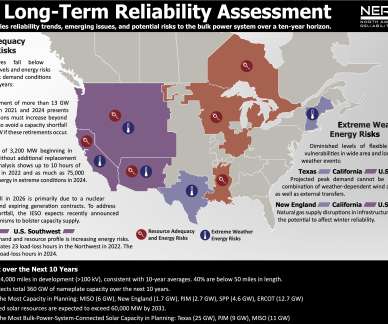













Let's personalize your content